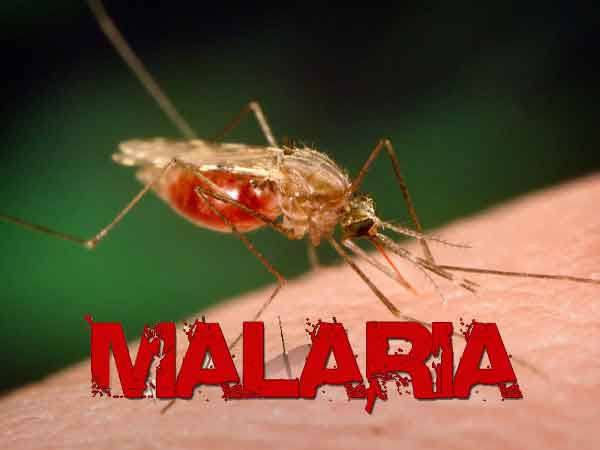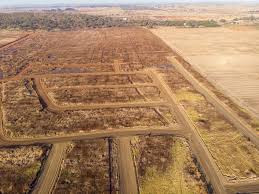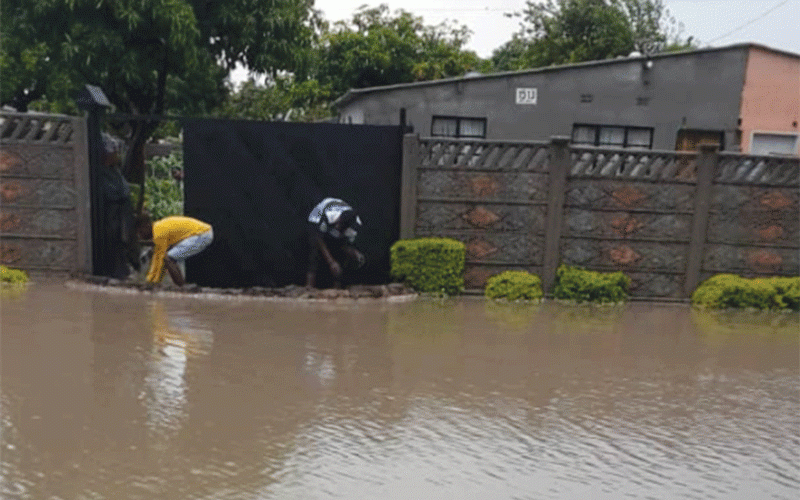
THE malaria menace seems to be at our doorstep once again, despite Zimbabwe having made notable gains in the past few years.
In our NewsDay edition yesterday, we ran a story revealing that two people had so far died, while 476 malaria cases were reported this week, according to the Health and Child Care ministry.
A statement by the ministry indicated that of the reported cases, 79 cases involved children below five years.
It also highlighted that the highest number of cases were recorded in Mashonaland Central (205), while Manicaland recorded 118.
The cumulative figures for malaria cases were 31 757 and 57 deaths.
While commemorating World Malaria Day on April 25 this year, United Zimbabwe Alliance (Uza) reminded the nation of the urgent need to intensify efforts to combat malaria nationwide, ensuring equitable access to prevention, diagnosis and treatment services across all regions and communities.
“Malaria remains a significant public health threat in Zimbabwe, with marginalised populations, including children under five and pregnant women, bearing the brunt of the disease,” Uza said.
Before the resurgent cases, Zimbabwe had made significant progress in the fight against malaria, with a notable 68% decline in cases and 55% reduction in deaths between 2020 and 2022.
- Malaria fight disrupted by COVID pandemic: WHO
- Malaria fight disrupted by COVID pandemic: WHO
- Co-operate to curb malaria, Mash West farmers urged
- Vaccines could be a game-changer in the fight against malaria in Africa
Keep Reading
This achievement was a testament to efforts made by government, health organisations, civil society and communities in fighting the dreaded disease.
Notable initiatives included the distribution of a quite significant number of insecticide-treated bed nets, indoor residual spraying in high-transmission areas and the introduction of effective anti-malarial medicines.
Now with the deadly disease on the rampage again, there is need to ensure that vulnerable populations, including those in rural areas and urban slums, receive the care they need to combat the deadly disease effectively.
This includes increasing access to healthcare services, particularly in hard-to-reach areas and providing targeted interventions, such as bed nets and indoor residual spraying, to high-risk populations.
Government must also intensify community engagement and mobilisation, including awareness campaigns and community-based initiatives in malaria-prone areas.
The fight against malaria needs to move up a gear.
Statistics show that by early May this year, Zimbabwe had recorded a surge in malaria cases, with over 20 000 malaria cases and 44 deaths recorded.
A disease surveillance report for the week ending April 28 released by the Health ministry showed that Mashonaland Central was the worst affected province, contributing 50,9% of reported cases and 28,2% deaths.
It seems Mashonaland Central is the most affected province and faces a huge challenge in the fight against malaria, hence government must channel resources to the province if we are to witness a fall in recorded cases and deaths.
Strengthening health systems, including upgrading healthcare infrastructure and training healthcare workers, become crucial just as improving access to life-saving interventions and addressing the social determinants of malaria, including poverty, lack of education and poor sanitation.
To win the war against malaria, marginalised communities should have a voice in efforts to control the disease.
Achieving equity in access to malaria prevention, diagnosis and treatment services is paramount in Zimbabwe, as enshrined in sections 29 and 76 of our Constitution, as Uza opines.











